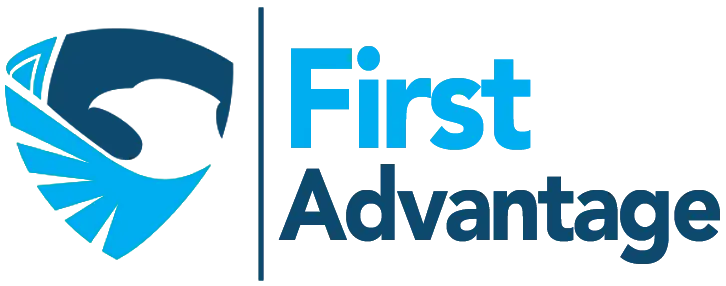
Understanding the distinction between debt repair and debt consolidation is crucial for managing your finances effectively. Both strategies can help improve your financial health, but they serve different purposes and are used in different situations. Here’s a detailed look at each option and how they can benefit you.
What Is Debt Repair?
Debt repair, often referred to as credit repair, focuses on improving your credit score by addressing inaccuracies and ensuring your credit report is accurate. Here’s what it involves:
Key Components of Debt Repair
- Identifying Errors: Review your credit reports for inaccuracies, such as incorrect account information, mistaken identities, or outdated data.
- Disputing Inaccuracies: Work with credit bureaus to dispute and remove incorrect information. This process involves sending dispute letters and providing evidence to support your claims.
- Improving Credit Behavior: Adopt better financial habits, such as making timely payments, reducing credit card balances, and avoiding new credit inquiries, to boost your credit score over time.
Debt repair is a continuous process that requires diligence and patience. It’s ideal for individuals who have errors on their credit reports or those looking to improve their credit scores for better loan terms in the future.
What Is Debt Consolidation?
Debt consolidation involves combining multiple debts into a single loan or payment plan, making it easier to manage and pay off your debts. Here’s how it works:
How much unsecured debt do you have?
Choose an option to check relief eligibility:
Takes less than 60 seconds. No obligation.
Key Components of Debt Consolidation
- Combining Debts: Merge various high-interest debts, such as credit card balances, personal loans, and medical bills, into one loan with a lower interest rate.
- Single Monthly Payment: Simplify your repayment process by having just one monthly payment to worry about, which can help you stay organized and avoid missed payments.
- Lower Interest Rates: Potentially secure a lower interest rate than what you were paying on your individual debts, saving you money over time.
Debt consolidation is particularly useful for individuals who are struggling to keep track of multiple debt payments or those looking to reduce their overall interest payments. However, it’s important to choose a reputable lender and ensure that the terms of the consolidation loan are favorable.
Differences Between Debt Repair and Debt Consolidation
- Purpose: Debt repair focuses on correcting errors and improving your credit score, while debt consolidation aims to simplify debt repayment and reduce interest rates.
- Method: Debt repair involves disputing inaccuracies on your credit report and adopting better financial habits. Debt consolidation involves taking out a new loan to pay off existing debts.
- Outcome: Debt repair can lead to a higher credit score over time, making you eligible for better loan terms. Debt consolidation simplifies your repayment process and can reduce the amount of interest you pay.
Which Option Is Right for You?
Choosing between debt repair and debt consolidation depends on your financial situation and goals. If your primary issue is a low credit score due to errors or poor credit behavior, focusing on debt repair is the way to go. However, if you’re overwhelmed by multiple debt payments and high interest rates, debt consolidation may provide the relief you need.
Do You Have $15K or More in Credit Card Debt?
Click here to find out if you qualify for Debt Consolidation »


